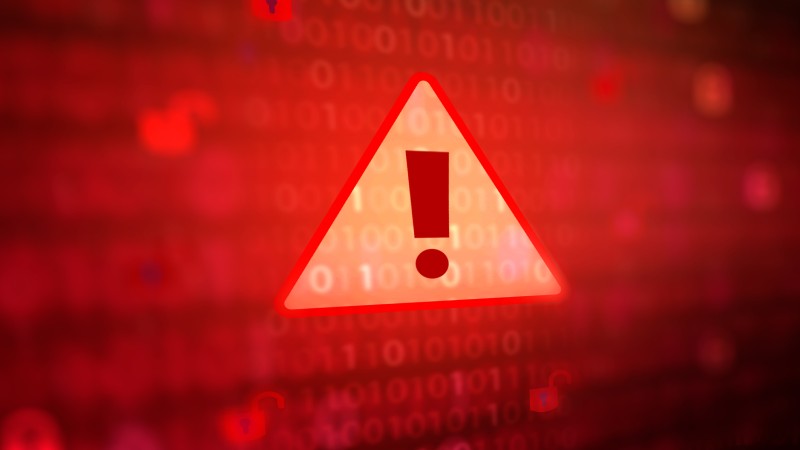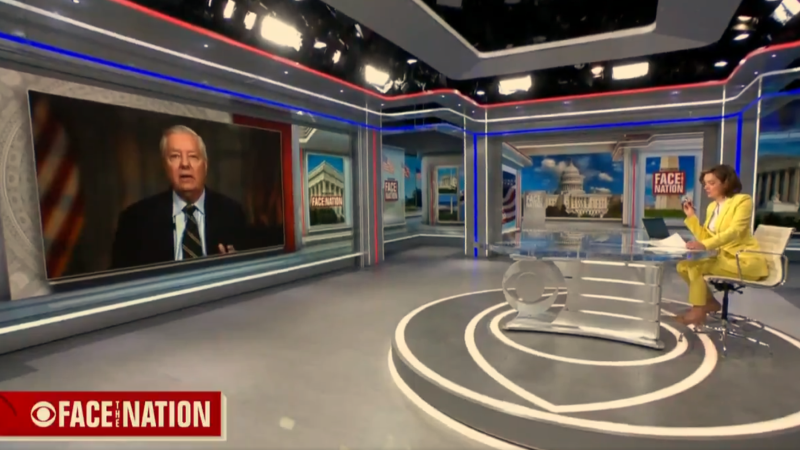
A number of countries have been jostling to return humans to the Moon, with Moscow and Beijing teaming up in 2022 to sign a memorandum of understanding on joint exploration of the celestial body. The sides also pledged to work together to build a base there by the 2030s.
Russia and China are mulling jointly building a lunar nuclear power plant, Yuri Borisov, the head of Russia’s space agency Roscosmos, said on Tuesday.
“Today we are seriously considering a project … somewhere at the turn of 2033-2035 … to deliver and install a power unit on the lunar surface together with our Chinese colleagues,” Borisov said during a lecture at the World Youth Festival.
Harnessing the power of “nuclear space energy” could allow lunar settlements to be built, as solar panels would not be able to provide enough electricity to power such bases, he pointed out
“This is a very serious challenge… it should be done in an automated mode, without the presence of humans,” Borisov added, hoping that robots could be up to the task.
According to the Russian Federal Space Agency head, the technology required for the construction of such a lunar nuclear power plant is almost ready. Furthermore, Borisov weighed in on Russia’s plans to build a nuclear-powered cargo spaceship called Zevs (Zeus).
“We are working on a space tugboat… that would be able, thanks to a nuclear reactor and high-power turbines … to transport large cargoes from one orbit to another, collect space debris and engage in many other tasks,” Borisov said.
He added that one tricky aspect of this is to find a solution for how to cool the nuclear reactor.Last year, Borisov had described how the nuclear space tug could be used to push inactive geostationary satellites into deep space, adding, “We must think about our future use of outer space, and ensure that it is environmentally clean for future generations.” On Tuesday, the director general of Roscosmos reiterated that Russia is against the deployment of nuclear weapons in space.
“Of course, space should be free of nuclear weapons,” Borisov said.
Borisov’s remarks echo what President Vladimir Putin said a few days ago. Russia does not plan to deploy nuclear weapons in space, Putin said at a meeting with the country’s Security Council members on March 1.
“We have already discussed false allegations that are currently being made by some Western officials about our supposed plans to deploy nuclear weapons in space,” the Russian president said.
However, he added that it was essential for the Russian government to monitor the issue to be ready to address any such threats that may emerge from other sides in this domain.Earlier, in his annual State of the Nation address on February 29, Putin weighed in on the media craze stemming from unfounded claims of a Russian nuclear space weapon.The Russian head of state called the claims “unfounded” and “fake narratives” designed by the West. Having dismissed these baseless allegations, Putin mentioned that Russia is yet to receive any serious proposals from the US to initiate bilateral contacts on strategic stability.Russian Defense Minister Sergei Shoigu also weighed in, saying that, “Firstly, there are no such projects – nuclear weapons in space. Secondly, the United States knows that this does not exist.”
Joint Moon Base
Russia’s state space corporation, Roscosmos, and China’s National Space Administration (CNSA) concluded an agreement on a joint Moon base project in November 2022, pledging to work together to build a base there by the 2030s. The project is to be implemented in three stages.
Stage 1 stipulates Russian and Chinese lunar missions exploring the Moon together, determining the best location for the lunar station. At this stage, the Russian side is reportedly planning to utilize the Luna-Glob lander.
The second stage envisages establishing a control center for the lunar base, delivery of bulk cargo to Earth’s satellite, and setting up orbital modules for supply of power, communications, and provision of transport services.
The third stage involves the exploration of the Moon’s surface, expanding the functionality of the lunar station modules.
With China’s space projects on the rise in the past few years, the head of the country’s lunar exploration effort, Wu Weiren, an academician of the Chinese Academy of Engineering and chief designer of the Chang’e program, revealed in 2022 that China was working on a new type of nuclear power plant to be used to support a permanent base on the Moon. “We are currently developing a new energy system where nuclear energy can provide high-power and long-time supply. And the communication facility can achieve communication between the Moon and the Earth, or with other planets such as Mars,” Wu said.Reports have suggested the plant would be able to produce one megawatt of power, which is about 100 times more than the one-kilowatt reactor the US space agency NASA plans to generate with its own lunar nuclear reactor.
EXCLUSIVE: Economist Who Warned Of Regional Bank Runs Makes Chilling New Predictions




